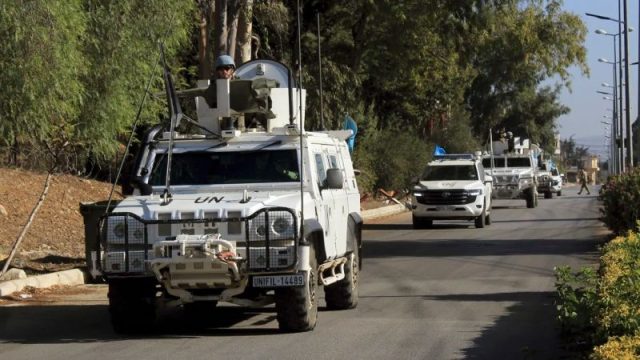(CNN) – In the past week, the IDF has opened fire on its peacekeepers, forcibly entered its base, disrupted logistics and wounded more than a dozen of its troops in southern Lebanon.
Israel’s attacks against the peacekeeping mission, which has been operating in Lebanon for more than 45 years, have been widely condemned by the international community. UNIFIL – the UN peacekeeping mission in Lebanon, known as UNIFIL in English – called the violations “shocking”.
Israel has accused Hezbollah of operating in areas near UNIFIL posts. Israeli Prime Minister Benjamin Netanyahu warned UN in Lebanon on Sunday Peacekeepers are “at risk”. In the past week, some UN Expressing regret over the injuries to the peacekeepers, he called on UN Secretary-General Antonio Guterres to “immediately” withdraw the peacekeepers.
Guterres said attacks on peacekeepers “could constitute a war crime” and that “UNIFIL and its facilities should never be targeted”. The UN says its forces remain in Lebanon despite the attacks.
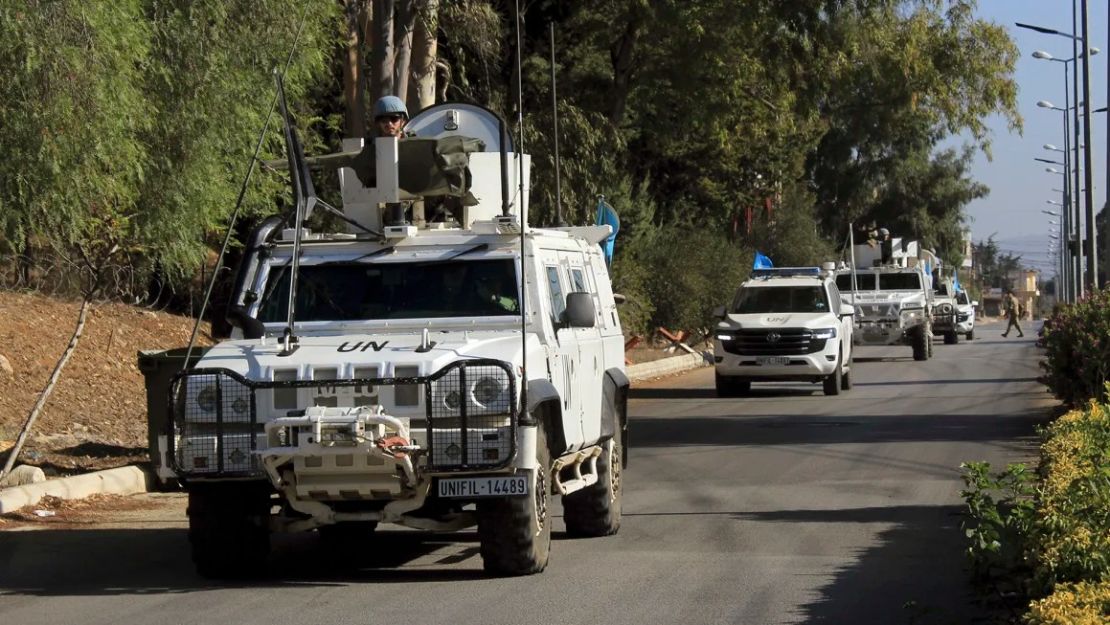
Here’s what you need to know:
The UNIFIL headquarters in Nagora and nearby positions were repeatedly attacked by Israel.
On Wednesday, UNIFIL said IDF soldiers “deliberately opened fire on a UN position in Labbouneh, rendering it unusable”.
On Thursday, two peacekeepers were found injury After an IDF tank opened fire on an observation tower at the UNIFIL headquarters, it took a direct hit and fell.
He FridayTwo UNIFIL soldiers were wounded in two explosions near an observation tower. The IDF said it was responding to what it identified as an “immediate threat” against it, and said it had instructed UNIFIL personnel to move.
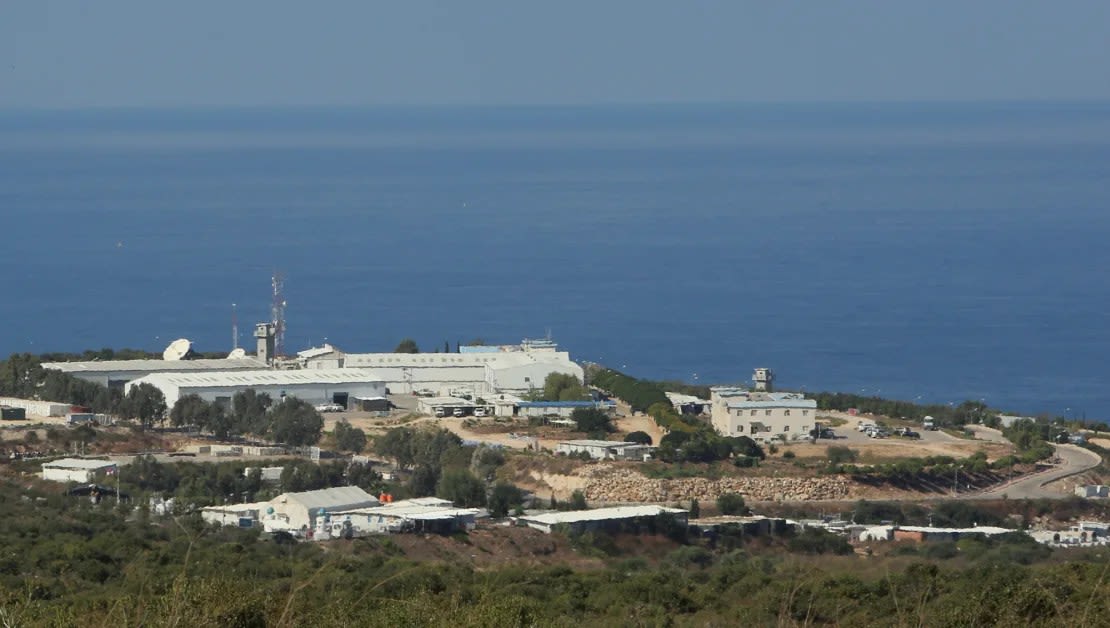
Later, the FridayA peacekeeper was shot dead in Nakora amid a “military operation”, according to UNIFIL, which said UN buildings in Ramya suffered “significant damage” from explosions from nearby explosives.
On Saturday, UNIFIL said IDF soldiers stopped a critical UNIFIL logistics operation near Meiss ej Jebel.
Earlier on Sunday, UNIFIL said the IDF violated international law after bringing its tanks into its Ramya post, leading to its position and asking the base to turn off its lights. The IDF later said one of its tanks entered the position as it was evacuating soldiers wounded by an anti-tank missile.
Israel’s actions have drawn condemnation from several of its allies, including France and the United Kingdom, which last week said they were appalled by reports that Israel had deliberately attacked UN sites.
The United Nations Interim Force in Lebanon (UNIFIL) was created by the UN Security Council in 1978 following the first Israeli invasion of southern Lebanon.
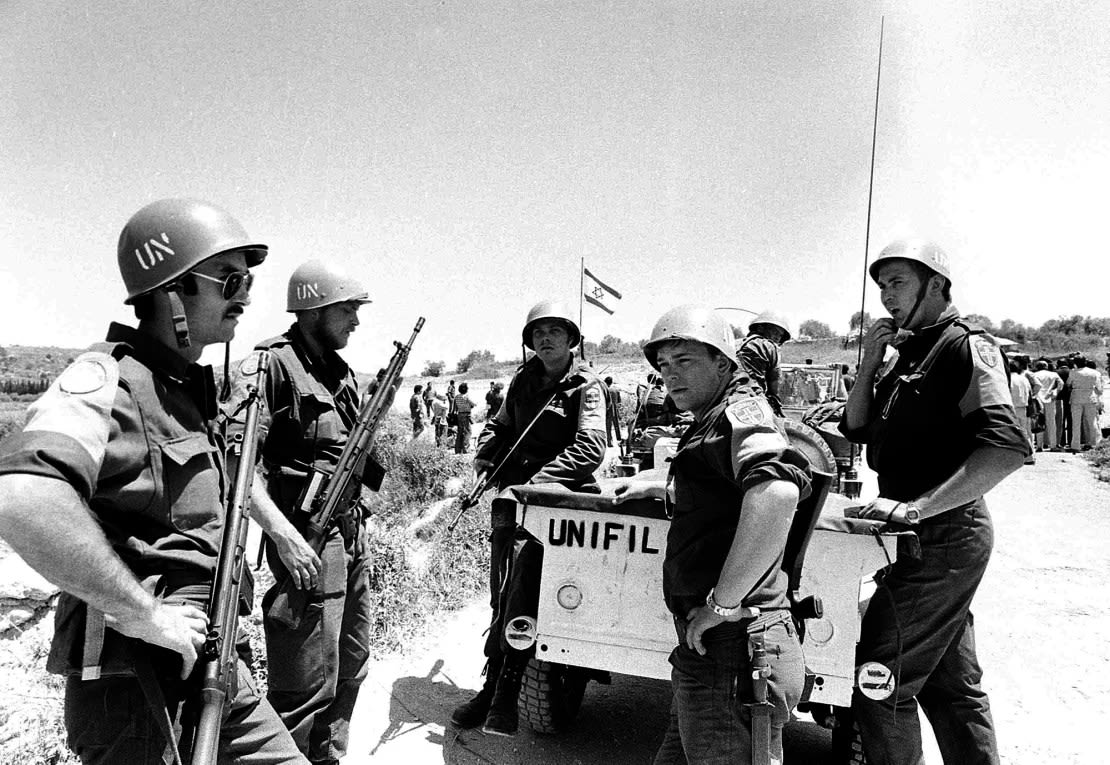
Its mandate is to ensure the withdrawal of Israeli forces from the country, restore international peace and security, and assist the Lebanese government in restoring its effective authority in the region.
In June 1982, Israel invaded Lebanon for a second time, then established a buffer zone inside the country that remained until its withdrawal in 2000.
In 2000, UNIFIL established The Blue Line, a 120-kilometer zone in southern Lebanon, would ensure the complete withdrawal of Israeli forces. As Lebanon and Israel have a border dispute, it serves as the de facto border between the two countries.
UNIFIL troops are responsible for monitoring border violations and maintaining security in an area that includes Hezbollah strongholds.
Although UNIFIL is a peacekeeping mission, troops may use force in certain situations, such as self-defense, to protect civilians under imminent threat of violence, and to protect UN personnel facilities and equipment.
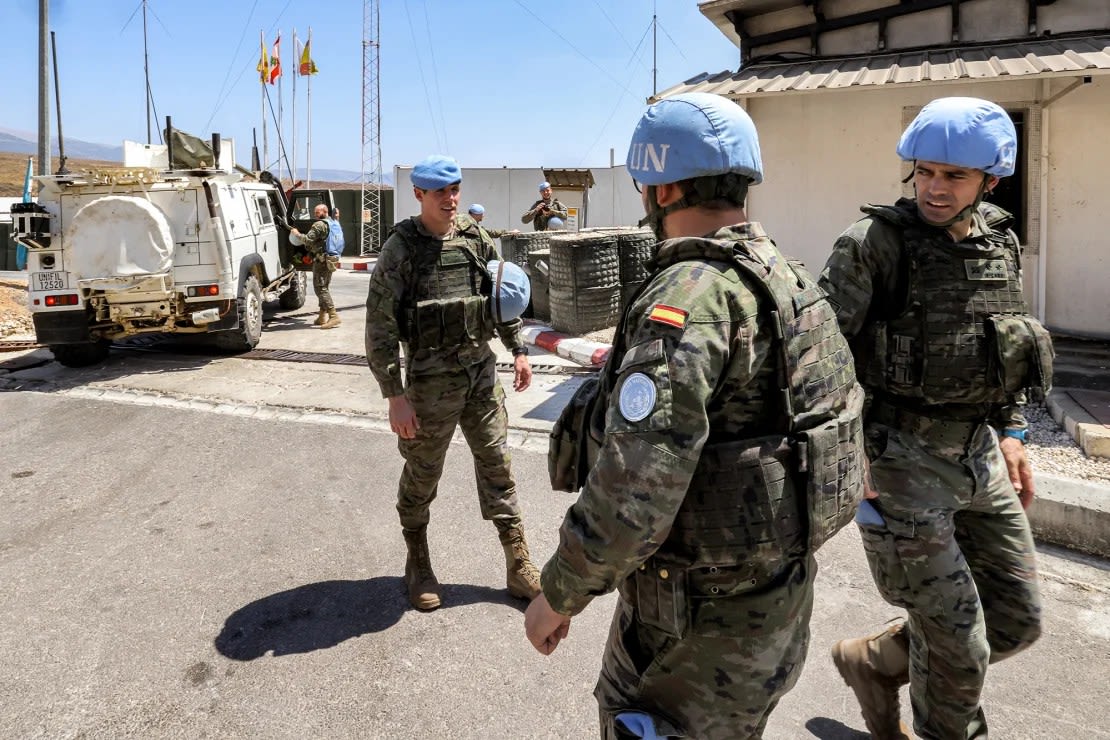
The UN Security Council annually renews UNIFIL’s mandate at Lebanon’s request. Recently, the Security Council extended the mandate till August 31, 2025.
The mission has more than 10,000 personnel from 50 countries, most of whom are troops.
Indonesia, Italy, India, Nepal, Ghana and Malaysia are the largest troop contributors. Spain, China, Ireland and France also have significant presence. Some countries, such as the United Kingdom, Peru and Nigeria, contribute only one force to UNIFIL.
Peacekeepers operate in a 410-square-mile area between the Blue Line and the Litani River in southern Lebanon. They occupy 50 posts, and the UNIFIL headquarters is located in Nakora, in the southwest of the country.
With information from Eugenia Yosef and Nadeen Ebrahim.


